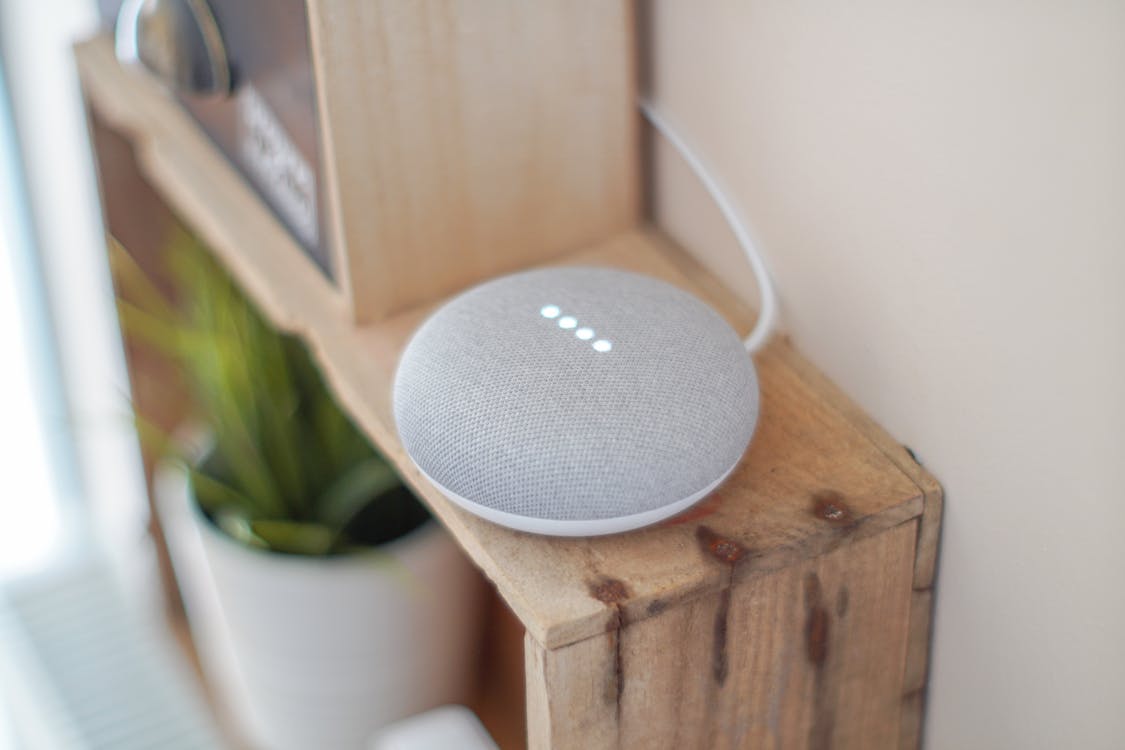Smart Homes: The Future of Modern Living
Technology has revolutionized our lives, and the way we live has been transformed in recent years. One of the most significant changes has been the rise of smart homes, which offer a level of convenience and efficiency that was once unimaginable. Smart homes use a range of devices and systems to automate everyday tasks, and they are becoming increasingly popular in homes across the globe.
At the heart of any smart home are the devices and systems that make it possible. These can range from smart light bulbs and thermostats to home security systems and entertainment systems. All of these devices are connected to the internet, allowing them to communicate with each other and with the homeowner. This connectivity enables homeowners to control their home from anywhere in the world using a smartphone or tablet.
Smart homes. Advantages
Smart homes are designed to make everyday tasks easier and more efficient. For example, a smart thermostat can learn a homeowner’s schedule and adjust the temperature accordingly, saving energy and reducing utility bills. A smart home security system can alert homeowners to potential threats and allow them to monitor their home from anywhere. Smart lighting can be controlled remotely, allowing homeowners to turn off lights when they’re not in the room and save on energy costs.
Another major advantage of smart homes is their ability to integrate with other systems and services. For example, a smart home entertainment system can be integrated with streaming services like Netflix and Amazon Prime, allowing homeowners to watch their favorite shows and movies without ever leaving the comfort of their home. Smart home systems can also be integrated with virtual assistants like Amazon Alexa and Google Assistant, enabling homeowners to control their home using their voice.

Concerns
Despite the many benefits of smart homes, there are also some concerns that homeowners should be aware of. One of the main concerns is security. Smart homes are vulnerable to hacking and cyber attacks, which can compromise the security of the home and the homeowner’s personal information. It’s essential for homeowners to take steps to protect their smart home systems, such as using strong passwords and keeping their software up to date.
Another concern is the cost of smart home devices and systems. While the cost of many smart home devices has decreased in recent years, they can still be expensive, especially if a homeowner wants to install a comprehensive system. However, the long-term savings in energy costs and the convenience of a smart home may justify the initial investment.
In conclusion, smart homes are the future of modern living. They offer a level of convenience and efficiency that was once unimaginable, and they are becoming increasingly popular in homes across the globe. While there are some concerns that homeowners should be aware of, the benefits of smart homes outweigh the risks. Smart homes have the potential to transform the way we live, and they are sure to become an essential part of our homes in the years to come.
You can always start upgrading your house by yourself or you can contact a local electrician to do it for you.